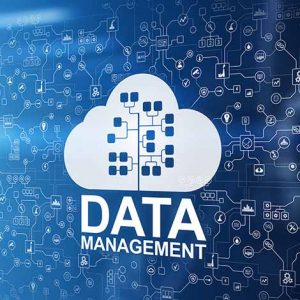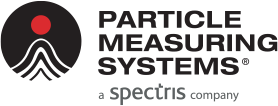Benefits of Paperless Reporting in Pharmaceutical Manufacturing

Paperless pharmaceutical manufacturing sites are a relatively new concept. In 2015, ISO updated their Standard 14644 to include data integrity issues that allowed manufacturers to use validated systems to electronically store, analyze and report their product and process data. This was a great benefit to the industry as it gave manufacturers and auditors a template to agree on for accepted standards of electronic data.
In the past, manufacturers were required to have hard copy records as evidence that the environmental conditions for aseptic fill were maintained, these supported the release of a batch. Today, electronic records are becoming more common as manufacturers witness the value and invest in facility monitoring systems that modernize data collection in their facilities. Standard reports required by regulatory inspectors such as: historical reports, exception reports, time plot reports for duration of batch, statistics [Max, Min, Avg, Std Dev, % Alarm, % Conformance] and alarm events are easily handled by facility monitoring system software. To add to their value, these software systems can easily configure this data for facility optimization, Out Of Specification (OOS) analysis and many more quality and engineering operations.
Manufacturers and suppliers alike are anxious to see even more uptake in the direction of “paperless” facilities. Aside from the advantages to the planet, it just makes good business sense.
Want to read more? Jump to other released posts in this series:
Part 1 of 6: Data Integrity
Part 3 of 6: Secure Data Transfer
Part 4 of 6: Rapid Response to Deviation Events
Part 5 of 6: Reducing Operator Error
Part 6 of 6: Real-Time Microbial Monitoring
Don’t miss an episode of this series. Register for updates on the right column of this page.
Click here to contact our experts for questions.

